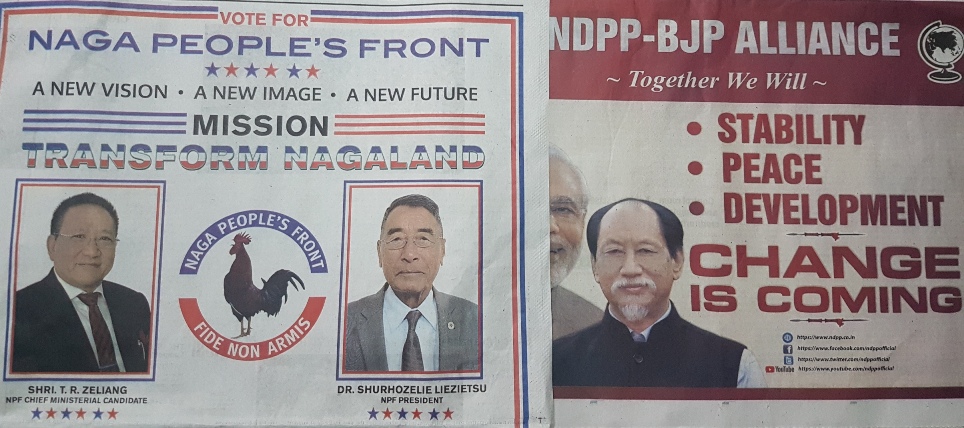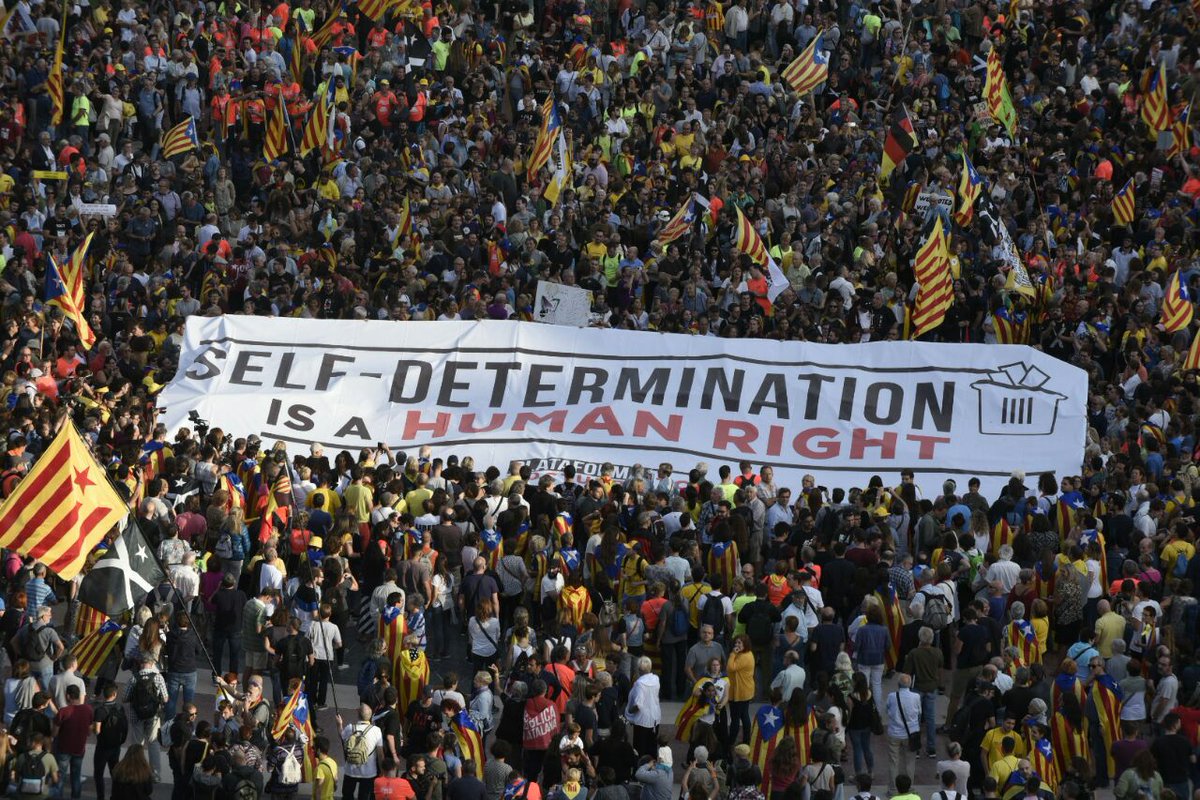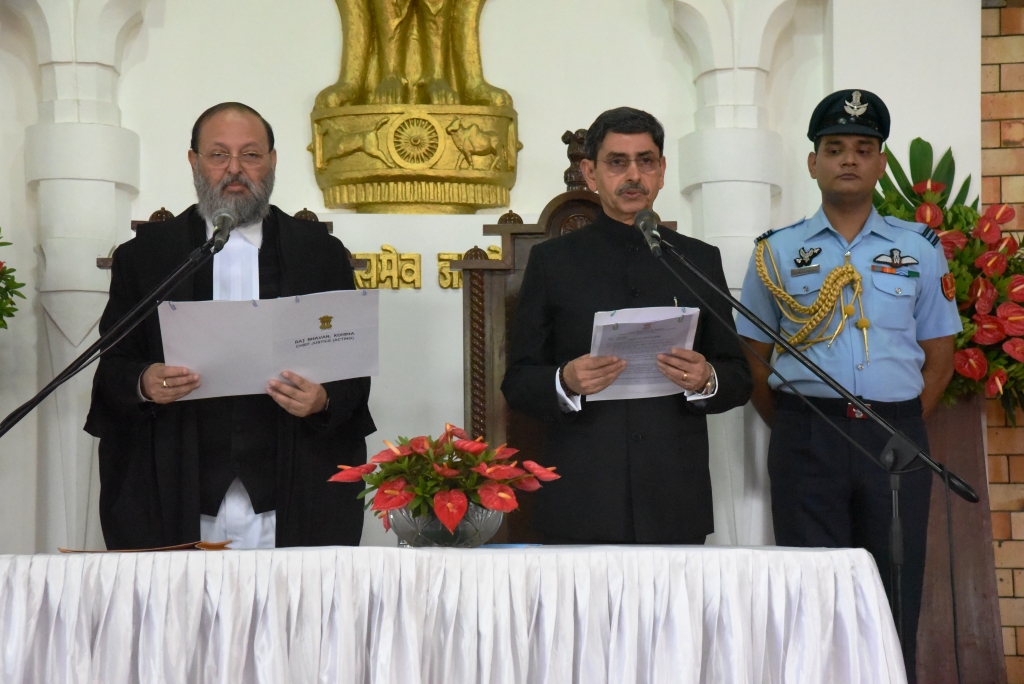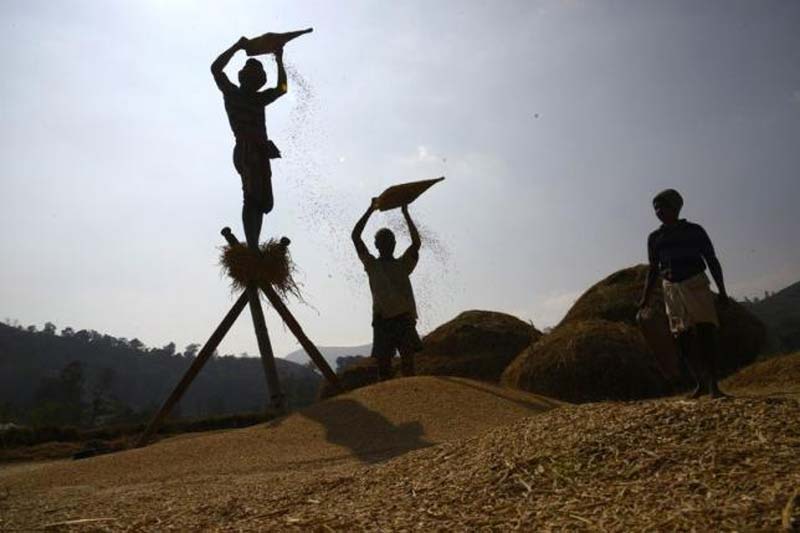
So who can really uproot systemic corruption from Nagaland? Can the Church do it? Can the so called Christian state of Nagaland do it? Or to rephrase it, can a state with overwhelming majority of Christians solve the problem of corruption? No way. At least not till today.
For more than 50 years since Statehood, Nagaland has been ruled and governed by Christian leaders and their secular as well as not so secular political parties. So being Christian or secular has not helped either when it comes to tackling corruption. We should also not expect the current lot of political parties who are contesting the upcoming election, including the big two—the NPF and NDPP to deliver.
Corruption, lack of development, unemployment and political settlement are some of the pressing issues that people expect our leaders to solve. But the overwhelming concern is CORRUPTION. So therefore what choice do people of Nagaland have as it heads for an important election on February 27? No choice really.
NPF or NDPP— No choice before the people!
Whatever the outcome of the coming election the only certainty is that one of this two persons, Neiphiu Rio of the NDPP or TR Zeliang of the NPF will end up leading the next government. Despite the huge public anger and protest against abuse of power, corrupt politicians and an incompetent government we witnessed this last 15 years, the unfortunate thing is that no credible alternative has emerged. Therefore we are left with no choice but to elect, by and large, the same set of people to power again! What a sad time for democracy in Nagaland.
While one of them says ‘change is coming’ (Rio’s NDPP) the other talks of ‘transforming Nagaland’ (Zeliang’s NPF). Rio was Chief Minister for eleven straight years while Zeliang too had his opportunity. Dr Shurhozelie too as the President of the ruling NPF for 15 long years could have done even much more. All of them wielded enormous power that could have changed or transformed Nagaland. So why didn’t this happen before and what is the guarantee that change and transformation, which the NDPP and NPF are promising will finally come?
So as we head for another election the stark reality facing the people is that there are no good choices before the electorate. It’s either the NPF or the newly floated NDPP. Both are actually two sides of the same coin—the faces of corruption in Nagaland.
Mismanagement and misappropriation of government funds must stop
The point therefore is that no matter what promises are made now or the great looking manifesto that each party has put out before election, The Naga Republic is of the view that first and foremost: mismanagement and misappropriation of government funds must stop. Of interest to note is that Prime Minister Narendra Modi in his speech at Tuensang on February 22 also spoke along similar lines. He talked about “ending the leakage, which caused looting of government money”.
Past governments, whether headed by SC Jamir, Rio, Zeliang or Dr Shurhozelie, saw power being concentrated in the hands of a few coteries, leading to abuse of power and corruption. There was no system of checks and balances. People will expect transparency in the running of the next government, especially when it comes to managing public money. Hope this will happen. But can we expect the change to come from within us? Probably not. It will be business as usual if the NPF or NDPP were to return to power and run the affairs unless of course there is greater surveillance from Delhi on projects and funds coming for development of Nagaland.
Does Narendra Modi deserve a chance in Nagaland?
We need to acknowledge as well as give appreciation to the fact that when it comes to the fight against corruption and black money, it was Prime Minister Modi who actually took the bold step of demonetization of Rs 500 and Rs 1000 notes, making them worthless pieces of paper and catching off-guard the corrupt within the system.
An end to the culture of corruption can come about if Prime Minister Narendra Modi is sincere in implementing his good governance model in Nagaland. If Mr Modi firmly believes, as he has often stated, that transparency and accountability are the two cornerstones of any pro-people government, the next government in Nagaland, with the BJP likely to feature in it, should immediately, after taking office, institute anti-corruption modalities.
Modi’s model of good governance talks about the government’s functioning in complete transparency, with every file and official record open for public scrutiny. This is what we want in Nagaland first and foremost.
Next is that all forms of abuse of power must end. This must be made visible by implementing the practice of ‘minimum government and maximum governance’ as is being done by Prime Minister Narendra Modi at the Centre. For a small and poor state like Nagaland, we cannot afford to have a jumbo sized ministry. Rather the priority of the government should be on mobilizing resources for development and curtailment of wasteful expenditure.
Not all MLAs can be made ministers. The VIP culture prevalent in Nagaland must end. Let the elected representatives be told to develop their respective constituencies with their Local Area Development Fund. More resources can be allocated for those MLAs who are sincere to work on the ground and to bring the fruits of development to the far, marginalized and unreached. Nagaland will naturally develop when we start working from our constituencies.
Hopefully, a new kind of politics will emerge post-March 3, in which the focus is on corruption-free good governance and where the majority of people and not the powerful few are truly benefited and empowered. If the BJP does come to have a say in the next government, Prime Minister Modi will have to demonstrate his commitments towards these principles. If he is sincere to uphold diversity, respect and equality, as enshrined in the constitution, there is no doubt that a spell of Modi’s governance will be good for Nagaland despite the apprehension of the Church.
Naga Republic View







 What Does Your Face Say About Your Health?
What Does Your Face Say About Your Health? Meet R.N. Ravi, who is mediating peace with the Nagas
Meet R.N. Ravi, who is mediating peace with the Nagas The last Konyak headhunters of Nagaland
The last Konyak headhunters of Nagaland The Top Viral YouTube Videos of 2017
The Top Viral YouTube Videos of 2017










Leave a Reply
Your email address will not be published. Required fields are marked (required)